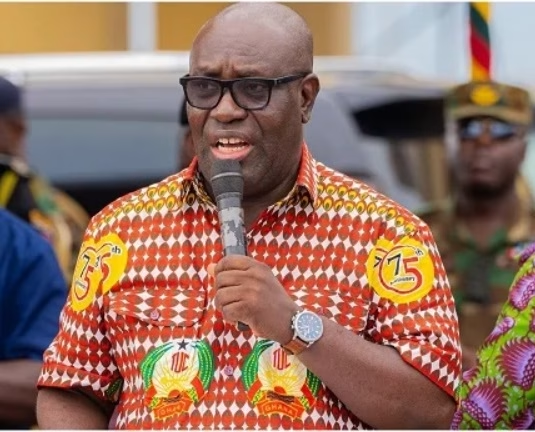Organised labour has made a groundbreaking proposal for a constitutional amendment to establish a union government in Ghana. This innovative approach aims to foster political stability and economic growth in the country.
According to Isaac Bampoe Addo, a leader of organised labour, the current democratic dispensation has raised concerns about the concentration of excessive powers in the hands of the president. This includes the appointment of members of boards and Chief Executive Officers of government agencies.
Addressing the 12th Quadrennial Conference at Gomoa Fetteh in the Central Region, Bampoe Addo emphasized the need for a paradigm shift in the country’s governance structure. He highlighted the waning voluntary spirit, lack of patriotism, and selflessness, as well as the prevalence of ethnocentrism and corruption.
Bampoe Addo posed a thought-provoking question, asking if it is not time to consider introducing partnership in the structure of governance in Ghana. He suggested that a union government could be a better alternative, urging all stakeholders to ponder over this proposal.
The proposal for a union government is a significant departure from the traditional political landscape in Ghana. It seeks to promote a more inclusive and collaborative approach to governance, where labour unions play a vital role in decision-making processes.
In response to the proposal, President Akufo-Addo pledged to uphold the integrity of the upcoming elections. He emphasized the importance of ensuring peace and tranquility during the electoral process, urging citizens and organisations to reject misinformation and disinformation.
The President assured Ghanaians that he would work tirelessly to ensure free, fair, and transparent elections. He reiterated that the will of the Ghanaian people would prevail, rather than the interests of any political party.
President Akufo-Addo also promised to maintain peace and security in the country after the elections. He pledged to support security agencies to prevent any threats to peace and stability, ensuring that Ghana remains a beacon of hope in the region.
The proposal for a union government and the President’s pledge to uphold electoral integrity have sparked a national conversation about the future of Ghana’s governance. As the country prepares for the upcoming elections, stakeholders are eagerly awaiting the outcome of this debate.
Ultimately, the establishment of a union government could mark a significant turning point in Ghana’s political history. It has the potential to promote greater inclusivity, accountability, and economic growth, ensuring a brighter future for all Ghanaians.

